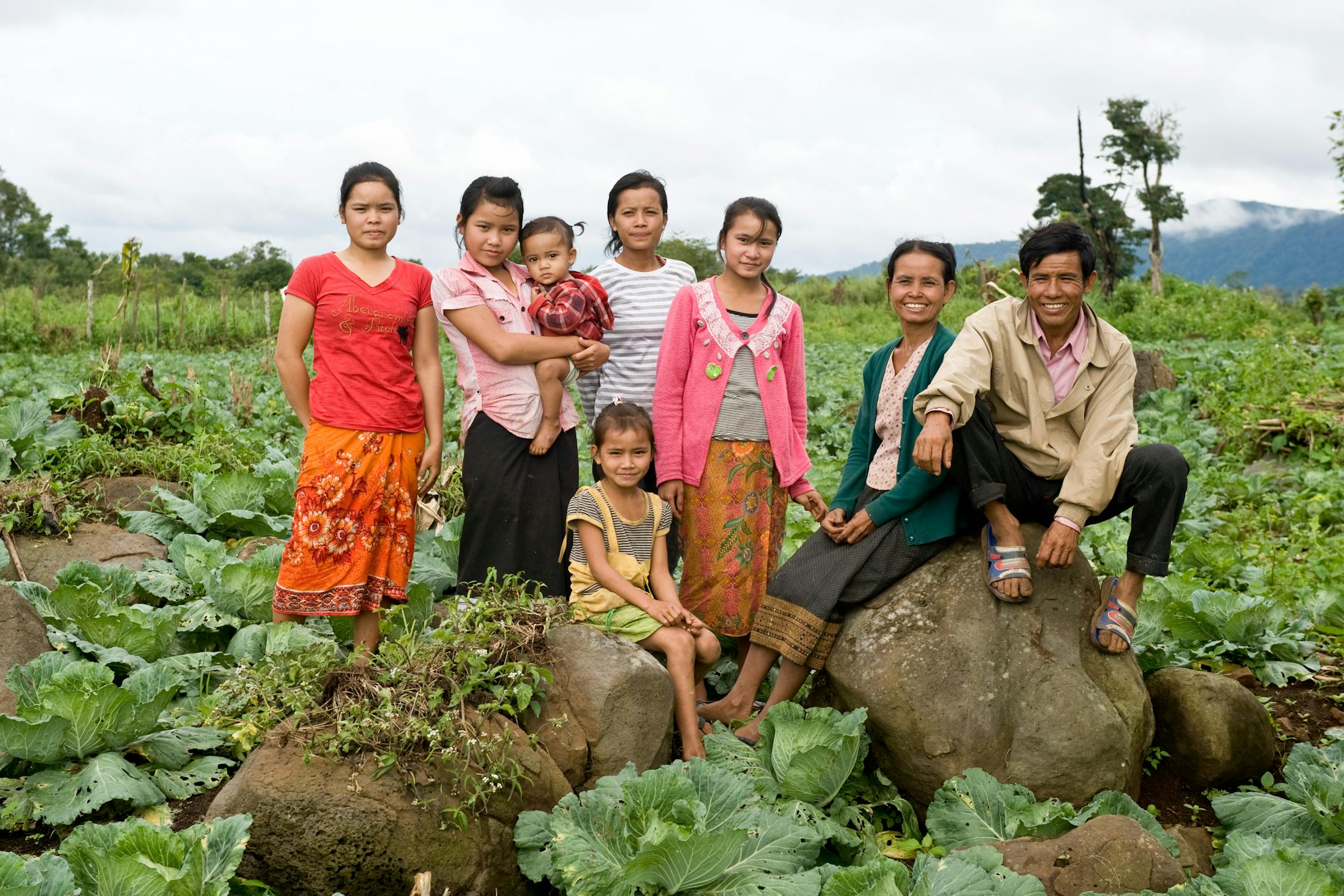

1. No poverty
While extreme poverty has eased considerably since 1990, pockets of the worst forms of poverty persist. Ending poverty requires universal social protection systems aimed at safeguarding all individuals throughout the life cycle. It also requires targeted measures to reduce vulnerability to disasters and to address specific underserved geographic areas within each country.
Read our stories to learn more about SDG Goal 1: No poverty
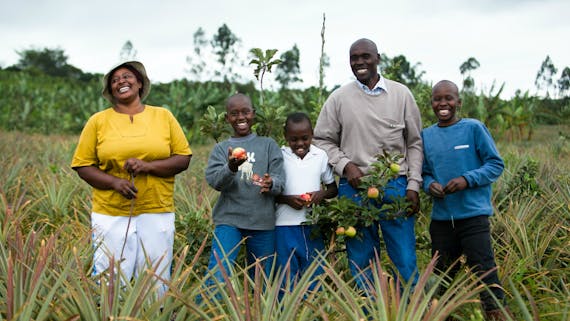
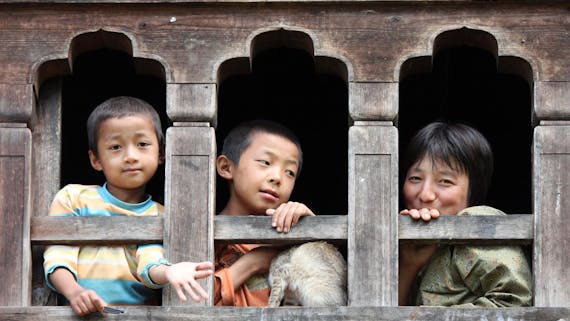
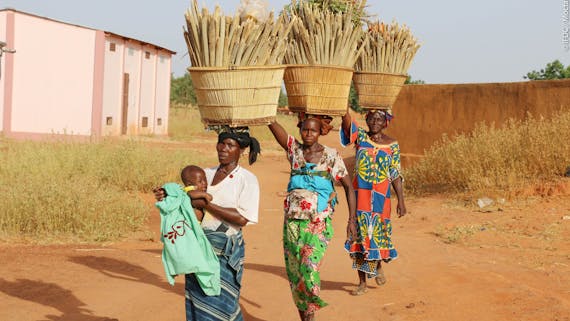
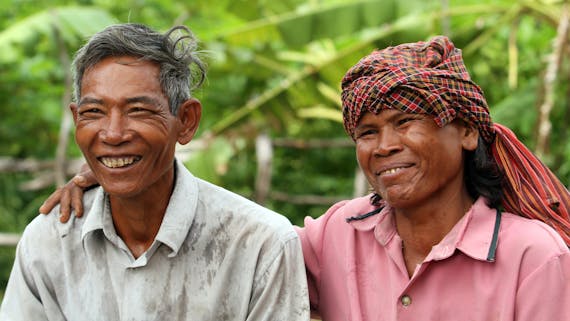
To adopt SDG 1 No poverty, in support of the 17 Sustainable Development Goals, please contact us at partners@eco-business.com
Adopt this goalBerita

After a year of war between Israel and Hamas, Gazans have endured daily traumas that will scar them for life.

From poor pay to no holiday leave, hundreds of Samsung workers in India say they want basic rights – and respect.

The Philippine government has approved 99 hydropower projects in the mountainous Cordillera region, part of a broader plan to rely on renewable energy sources for 35 per cent of the country’s power by 2030.

Pangan & Agrikultur
Slim pickings for tea plantation workers in Sri Lanka election
As Sri Lanka goes to the polls, workers picking tea – the backbone of the economy – have heard all the promises before.
Pangan & Agrikultur
India’s milk industry struggles as the climate changes
Pangan & Agrikultur
China’s changing fisheries, in numbers
Kebijakan & Keuangan
Unemployed youth cling to Kashmir elections for hope
Opini

As India's water availability declines, a holistic approach to water pricing will be needed to avoid conflicts.

Pangan & Agrikultur
Small farms the key to Malaysia’s palm oil sustainability
These smallholder farmers can become "technopreneurs" in their own right if more incentives were provided for them to adopt technology and digitisation initiatives that can help improve sustainability performance.

Pangan & Agrikultur
Changing rainfall patterns in the Mekong pose new challenges
While rainfall is important, how it is collected, stored and distributed is crucial to dealing with the region’s increasingly drier spells.

Most Rohingya end up in the Aceh province of Indonesia where they not only face hostility from locals, but more uncertainty about their future.
Karbon & Iklim
The 1.5°C target for global warming must prevail
Karbon & Iklim
Strengthening Asia's voice for sustainable development
Video

Studio EB
What has been the effect of this agribusiness company's dual-income policy on the households of its Indonesian workers?

Pangan & Agrikultur
For Southeast Asia’s migrant fishers, modern slavery is still alive on the high seas
On International Human Rights Day, Greenpeace releases shocking testimonies from Southeast Asian migrants working on board foreign fishing vessels, plying the remote waters to meet Asia's surging demand for seafood.

The Philippine government has begun the process of relocating more than 200,000 families living along waterways to restore Manila Bay, the main body of water in the capital.
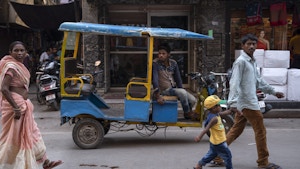
Transportasi
A social venture on the road to improve lives, reduce emissions with electric rickshaws
With a vision to end the drudgery of manual rickshaw pulling, social enterprise SMV Green is also helping restore clean air in one of India's most polluted cities through electric rickshaws.
Podcasts

Studio EB
Eco-Business talks to 'Aulani Wilhelm of Conservation International about why a plan to protect the ocean is critical, and why it might just work.

The World Economic Forum – best known for its Annual Meeting in Davos since 1971 – has been a dynamic platform bringing together the best in business, politics and society to shape global industry agendas. How is WEF helping to shape China’s economic goals alongside its environmental and societal priorities?

Pangan & Agrikultur
Can plant-based diets save the planet?
Humanity and the planet are suffering from a serious case of food poisoning. Eco-Business spoke to Brent Loken, WWF's global lead food scientist, about how changes to our diet can help fix our broken food system, and restore our health and the planet's strained ecosystems.

Kebijakan & Keuangan
Mining and the cost of the energy transition
Studio EB
Mining can come at great environmental cost, but is necessary to fuel the energy transition. Michael Salvatico from Trucost tells the Eco-Business podcast about the risk and opportunity confronting Australia's mining sector — and what it could mean for Asia Pacific.

















